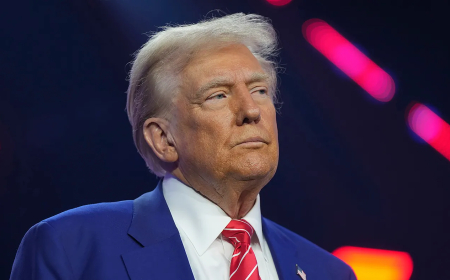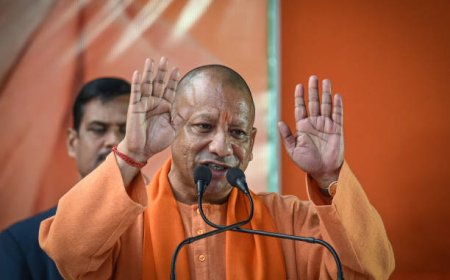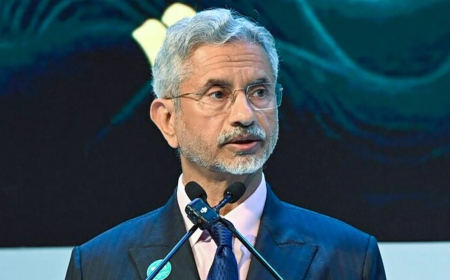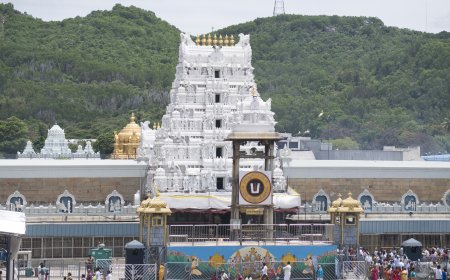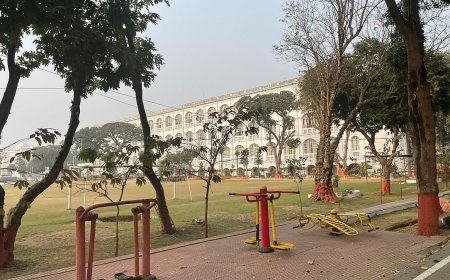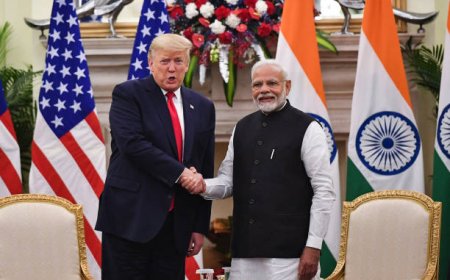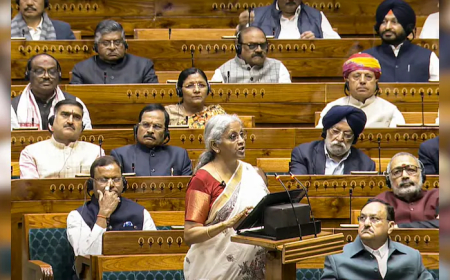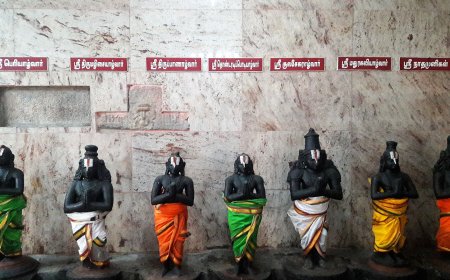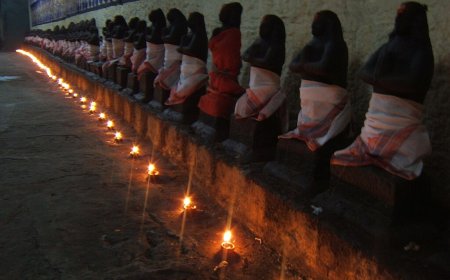Impeachment Storm: South Korea's President Yoon Suk-yeol Ousted by Parliament
South Korea's National Assembly votes to impeach President Yoon Suk-yeol over contentious martial law order. | Historic move plunges nation into political uncertainty.
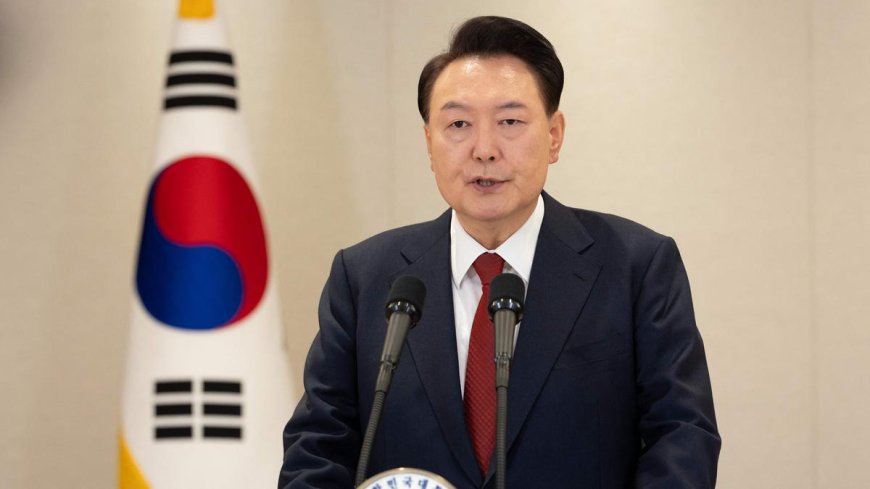
In a seismic shift in South Korea's political landscape, the National Assembly voted overwhelmingly to impeach President Yoon Suk-yeol, sending shockwaves across the nation and beyond. The impeachment motion, passed with a significant majority, centers on Yoon's contentious decision to invoke martial law in response to the nation's ongoing labor and social unrest. This historic move has not only thrown the presidency into turmoil but also plunged the country into uncharted political waters.
The impeachment lies at the heart of President Yoon's martial law order, aimed at quelling the widespread protests and strikes that have gripped South Korea. Critics argue that this drastic measure was an overt attempt to suppress democratic dissent, undermining the nation's hard-won freedoms. The opposition, now victorious in their impeachment bid, vehemently contested the legality and morality of Yoon's actions, labeling them a dangerous lurch towards authoritarianism.
The National Assembly's decisive vote to impeach—secured with the support of a broad coalition of opposition parties—appears to mirror the deep-seated concerns of the South Korean populace. Public trust in Yoon's administration had been eroding steadily, exacerbated by perceptions of heavy-handed governance and an inability to effectively address the country's deepening socio-economic challenges. Whether this parliamentary move accurately reflects the will of the people or merely signifies a partisan power struggle remains a subject of heated debate.
As South Korea navigates this unprecedented constitutional crisis, attention now turns to the Constitutional Court, which must validate the impeachment within a stipulated 180-day timeframe. Should the Court uphold the National Assembly's decision, Yoon Suk-yeol would become the first South Korean President to be formally removed from office through impeachment, paving the way for new elections. The international community watches with bated breath as Seoul's political elite grapple with the fallout, mindful of the potential repercussions for regional stability and global economic markets.
The sudden ousting of President Yoon Suk-yeol at a time of heightened geopolitical tensions in East Asia raises pressing questions about the continuity of South Korea's foreign policy. Allies and adversaries alike are closely monitoring the situation, aware that a leadership vacuum could potentially destabilize the delicate balance of power in the region. As the nation teeters on the brink of a new political era, one thing is certain: the eyes of the world are fixed intently on South Korea's next move.
The coming weeks and months will be crucial in determining whether this seismic event marks a turning point towards greater democratic resilience or a slide into political instability. The voice of the people, as expressed through their elected representatives, has been heard loud and clear. The challenge now lies in translating this moment of reckoning into a unifying force for positive change, ensuring that the democratic foundations of South Korea emerge strengthened from this trial by fire.




